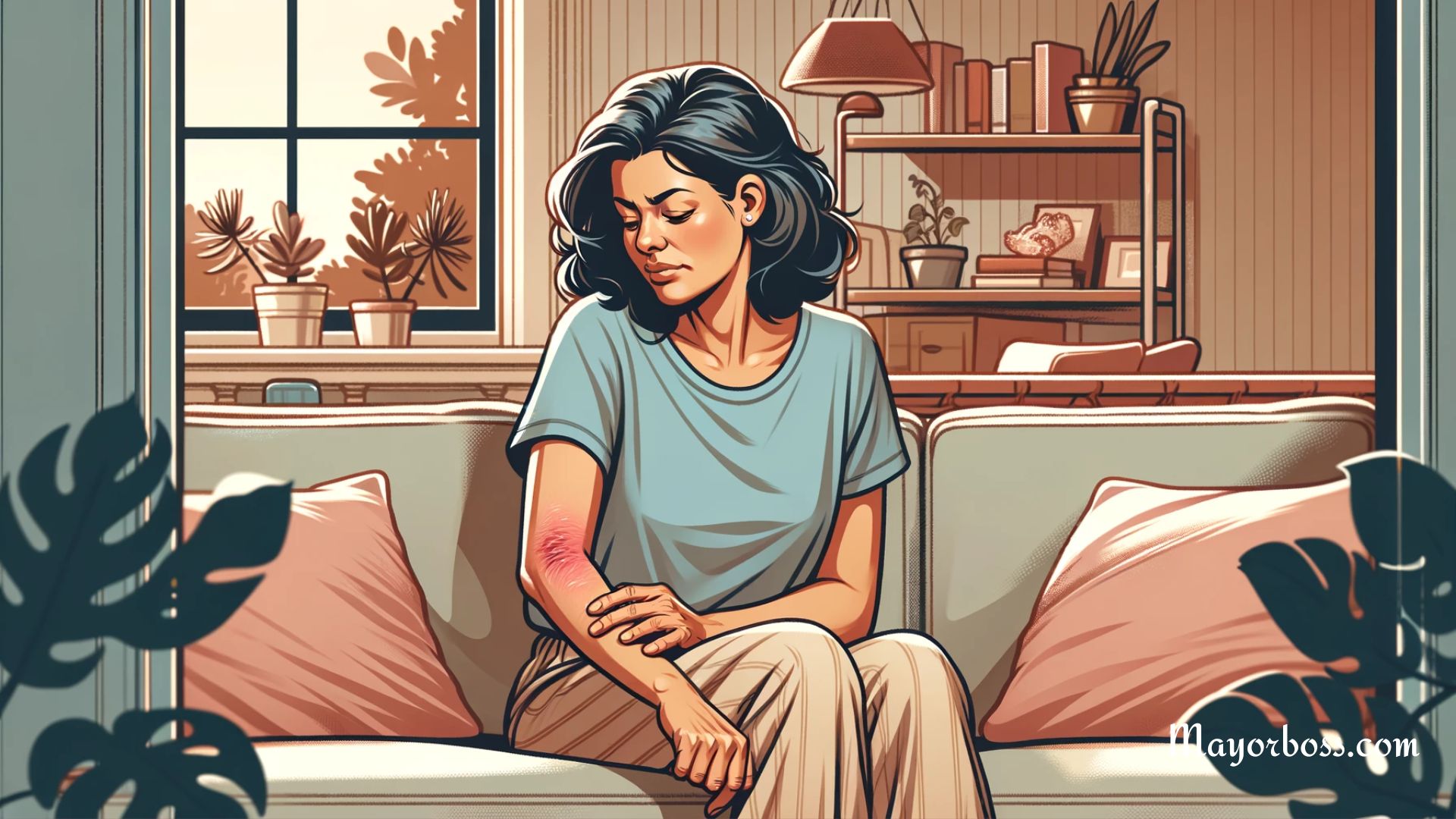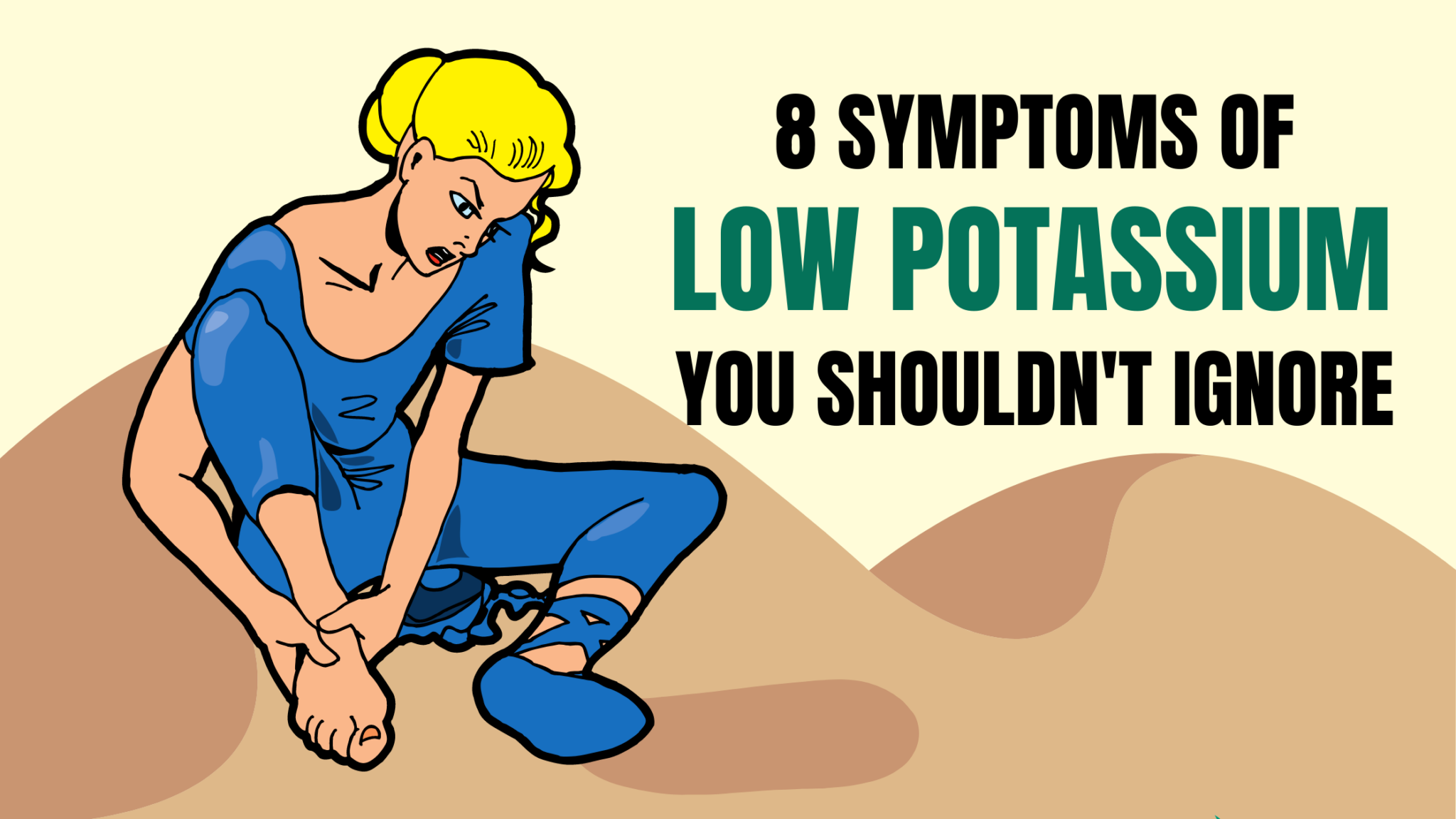Why Did My Mosquito Bite Turn Purple?
Have you ever noticed a mosquito bite turning a strange shade of purple? It’s an experience that might leave you puzzled and perhaps a bit concerned. This article explains the reasons why a mosquito bite turns purple.

Understanding Mosquito Bites
First, it’s important to grasp what happens when a mosquito bites you. When these tiny insects pierce your skin, they inject saliva that contains anticoagulants. These substances prevent your blood from clotting, allowing the mosquito to feed more effectively. But here’s the catch – your body recognizes these substances as foreign invaders, triggering an immune response.
The Immune Response: Redness and Swelling
Your immune system springs into action, sending histamines to the bite site. These histamines cause blood vessels to expand, leading to the redness and swelling you’re familiar with. This is your body’s natural defense mechanism, but it can also lead to itching and discomfort.
When a Mosquito Bite Turns Purple
So, why the purple hue? There are a few reasons this might happen:
- Blood Clotting: In some cases, the blood near the surface of your skin might begin to clot around the bite area. This clotting can cause a purplish discoloration. It’s a bit like a tiny bruise.
- Allergic Reaction: Some people have a stronger allergic reaction to mosquito saliva. This heightened reaction can lead to more severe swelling and discoloration, including purple or blue hues.
- Skin Pigmentation: Your natural skin pigmentation can also play a role. In darker skin tones, the inflammatory response might appear more purple or brown.
- Infection: Though less common, a bacterial infection at the bite site can cause it to turn purple. This is usually accompanied by increased pain, warmth, and possibly fever.
- Vascular Conditions: Certain vascular conditions that affect blood flow and vessels can make bruising or discoloration more likely, even from a mosquito bite.
Should You Be Worried?
In most cases, a purple mosquito bite isn’t a cause for alarm. It’s typically just another manifestation of your body’s response to the bite. However, if you notice other symptoms like excessive swelling, severe pain, fever, or signs of infection, it’s wise to consult a healthcare professional.
Preventing and Treating Mosquito Bites
To avoid these pesky bites:
- Use insect repellent.
- Wear long sleeves and pants in mosquito-prone areas.
- Keep your living environment free of standing water where mosquitoes breed.
If you do get bitten, topical treatments like hydrocortisone cream or calamine lotion can alleviate itching and swelling. Applying a cold compress can also help reduce inflammation.
Frequently Asked Questions
Is it common for mosquito bites to turn purple? While not as common as the typical red, swollen bump, purple mosquito bites do occur, especially in individuals with more sensitive skin or those with certain vascular conditions.
When should I see a doctor about a mosquito bite? If the bite is accompanied by severe swelling, pain, or signs of infection, or if you experience symptoms like fever, it’s time to seek medical advice.
In conclusion, a mosquito bite turning purple can be a bit startling, but it’s often just another aspect of your body’s response to the bite. Keep an eye on it, treat it with care, and remember, most mosquito bites are harmless and will heal on their own.






